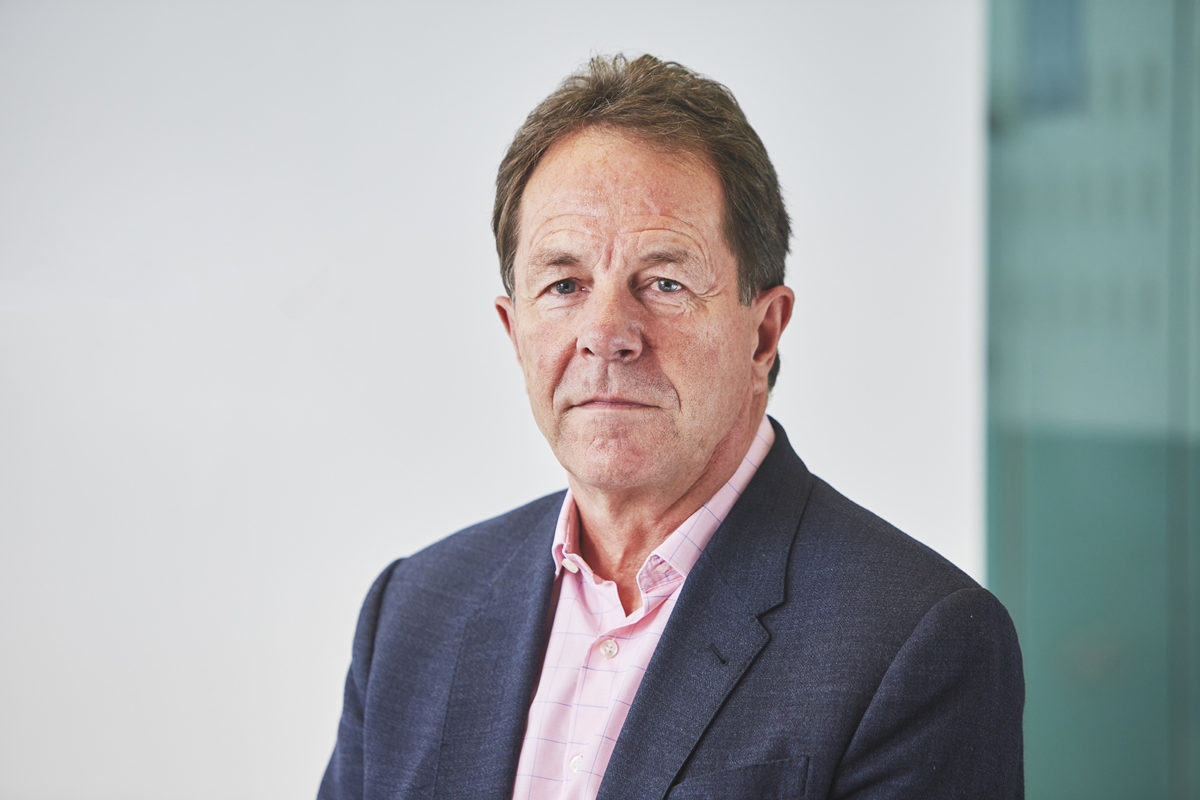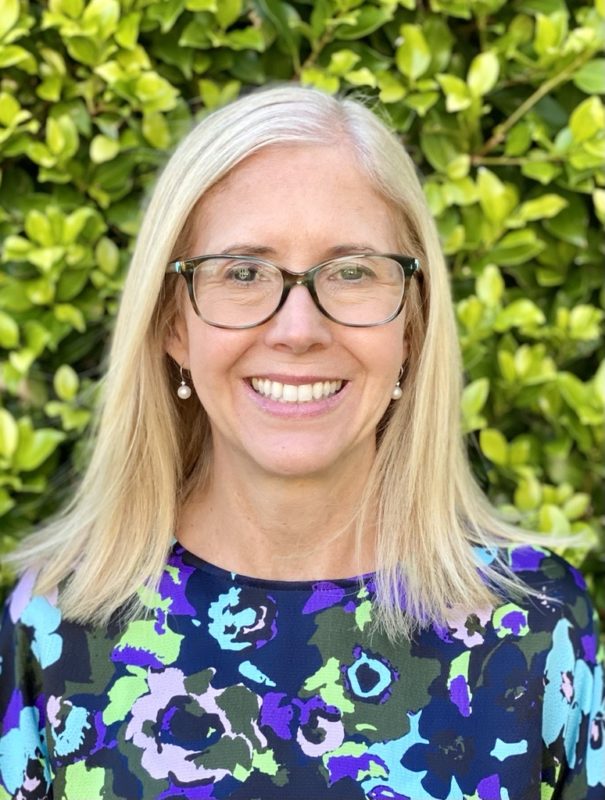To celebrate International HR Day, HRM speaks with three global leaders about how HR has changed in recent years, and where they see the profession heading in the future.
The last few years of celebrations for International HR Day have felt particularly important. In 2020, we acknowledged your ability to respond quickly in the face of significant challenges. Last year, we celebrated the initiatives that you spearheaded to support employees’ wellbeing and to develop leadership capabilities. This year, we’re finally able to remove our short-term glasses and gaze into the future.
To get a sense of how HR has changed over the last few years, and where the profession is heading, HRM spoke with Alvin Aloysius Goh, Executive Director at Singapore Human Resources Institute (SHRI); Peter Cheese, CEO of the Chartered Institute of Personnel and Development (CIPD) in the UK; and Sarah McCann Bartlett, CEO of the Australian HR Institute (AHRI).
International HR Day has come at a significant time as we move into the endemic phase of COVID-19, says Goh.
“It is definitely a milestone celebration… The need for HR professionals to step out of our comfort zone is pressing. The biggest concern for HR professionals to maintain our forward trajectory is to not slip back into the old ways of working.”
But as HR embraces new opportunities, they need to turn inwards, too.
“We have had a difficult few years and we need to be more conscious of our own personal wellbeing,” says Goh.
McCann-Bartlett acknowledges how tough the last few years have been for HR.
“You have looked after everyone else’s wellbeing, often at the expense of your own. International HR Day is a well-deserved day of putting yourself first and appreciating the vital work that you do.”
How has the pandemic changed HR?
HR professionals’ value within a business has never been more apparent than in the last few years, says McCann-Bartlett.
“The pandemic taught HR to both manage the here and now and to be one step ahead, offering leadership to help people through changes while still focussing on profit, productivity and employee wellbeing.”
Cheese doesn’t believe that HR’s role has changed so much as it has been reinforced.
“This pandemic has strengthened the role of our profession, and given us more confidence to know we can innovate and make change happen,” he says.
“Our role in understanding and supporting people, responding to and helping to enable change, shaping ways of working, enabling positive, inclusive and supportive cultures… have been at the heart of what we’ve had to do during the pandemic.

“We have literally been on the front line; we have stepped up and found ourselves in the middle of almost every decision and discussion with management. That has been very challenging, but also exciting in what we have accomplished.
Cheese believes the pandemic has positioned HR at the centre of business strategy.
While Goh agrees that HR has gained “significant recognition” in recent years, he says being put under a spotlight can have its challenges.
“Being highlighted can be a double-edged sword as it has shown both the gaps and strengths of the role that we play in the ecosystem,” he says.
However, the lessons learned, he says, will position the function for success in the future.
“We have become much wiser in the political, technological space, and have recognised the importance of developing a sustainable workforce in the face of the various challenges.”
If it wasn’t already apparent to business leaders, the pandemic proved that HR professionals are much more than the guardians of administrative functions. McCann-Bartlett says they’ve proved themselves to be critical business partners, strategic advisors and experts at navigating uncharted waters. They became masters of being both reactive and proactive, and there isn’t a part of the business that the function doesn’t influence.
“We have seen, and will continue to see, an increase in that influence and the broadened scope of HR’s role, especially in the areas of technology and automation,” she says.
“We have literally been on the front line; we have stepped up and found ourselves in the middle of almost every decision and discussion with management.” – Peter Cheese, CEO, CIPD.
This increased influence and remit will be important as HR professionals navigate challenges of the future. The most pertinent, McCann-Bartlett suggests, will be keeping the digital and technological skills of the workforce, and themselves, up to date.
For example, the high influx of AI-enabled work and the digitisation of work mean that the HR portfolio might soon need to span both the real and the virtual world.
“So the questions HR needs to think about are: How do we humanise the work for our employees in the context of AI and work design? How do we manage and resolve task ambiguity between AI and the worker?
“While all these digital technologies and advances are going to be essential and inevitable, it’s also essential that we continue to develop and nurture our people. This is incredibly important because the relationship between humans and robots will be mutually supportive.”
What does the future hold for HR?
The pandemic and the geopolitical and environmental crises will “shine a light on business to show how they are creating a sustainable future… and how they look after and develop their people, and support their customers and stakeholders,” says Cheese.
“This is the context that will shape the future of [the HR] profession. It defines a truly strategic agenda for HR and the need to grow our capabilities in areas such as organisational development and learning and development, to be able to upskill and reskill our people in a rapidly changing world.
“We will therefore be seen at the heart of business and the business agenda. We will also have to invest in ourselves – in building capabilities in stronger analytical insight and awareness.
We will need to be led more from principles, not just rules and policies, in order to be agile and innovative.”

In the near future, McCann-Bartlett predicts that HR will become more involved in finance, technology, and business strategies.
”Bringing an HR lens into these areas of business means we’ll see a culture shift in how we think about the bottom line; people matter as much as processes and procedures do.”
In the next 10-15 years, Goh anticipates HR leaders will continue to create sustainable workforces that allow employees to thrive.
“I hope we treat our workforce not as a resource or capital but as people, and that we present equal opportunities for all,” he says.
“We need to implement workplace-friendly policies [and continue to] eliminate various forms of workpalce discrimination, such as those focused on someone’s age, nationality, gender, mental or physical disabilities.”
What skills does HR need to focus on?
In order to realise this future, some HR professionals may need to upskill themselves and those in their organisation.
“AHRI’s Skills for a Post Pandemic Future research tells us that rapid upskilling will be required for many organisations to move from the states of ‘reacting’ or ‘resolving’ to ‘recovering,'” says McCann-Barlett.
To do this, she says there are five skill categories that HR professionals need to focus on: adapting to change, resilience, workforce planning, communication, and compliance in an ever-changing industrial/employment relations environment.
“Leaders need upskilling as well – in areas such as resilience, agility and self-awareness – to better understand how fundamental an appropriately skilled workforce is to their organisation’s recovery journey.
“Overall, I see HR undergoing a renewed investment in training across the profession. The dependency on HR translates into a growing need for upskilling, reskilling, and cross skilling the HR community.”
“The need for HR professionals to step out of our comfort zone is pressing. The biggest concern for HR professionals to maintain our forward trajectory is to not slip back into the old ways of working.”– Alvin Aloysius Goh, Executive Director, SHRI.
Cheese says HR professionals need to ensure they’re always forefronting their projects, policies and practices with evidence and insights, meaning there may be a need to upskill in people analytics and data analysis.
“We must also bring in a deeper understanding of science and research – behavioural and neuroscience – to inform our practices and interventions. And we need to be more prepared to experiment and to try different things from which we can learn and adapt.
“There are also areas of specialism that are rapidly growing across the profession. Strategic workforce planning is a vital set of capabilities that must be driven by, and also influence, business strategy.”
The past few years have also presented opportunities for HR leaders to challenge their own thinking.
“We’ve had to reimagine how work can be carried out on virtual platforms and had to look at new ways of engaging our workforce,” says Goh.
“We have adapted and reimagined how the future of work and our workplaces [enable] HR professionals to play a key and strategic role, not just an operational role.”
Put your influence to good use and help your organisation to prepare for the future by attending AHRI’s online network forum titled ‘The Future of Work: How we can adapt and thrive’ on 24 May. Book your spot today.


A very insightful article. It resonated on my experience in many ways . Resilience and neuroscience are definitely critical areas of understanding for the future of HR. Many thanks.